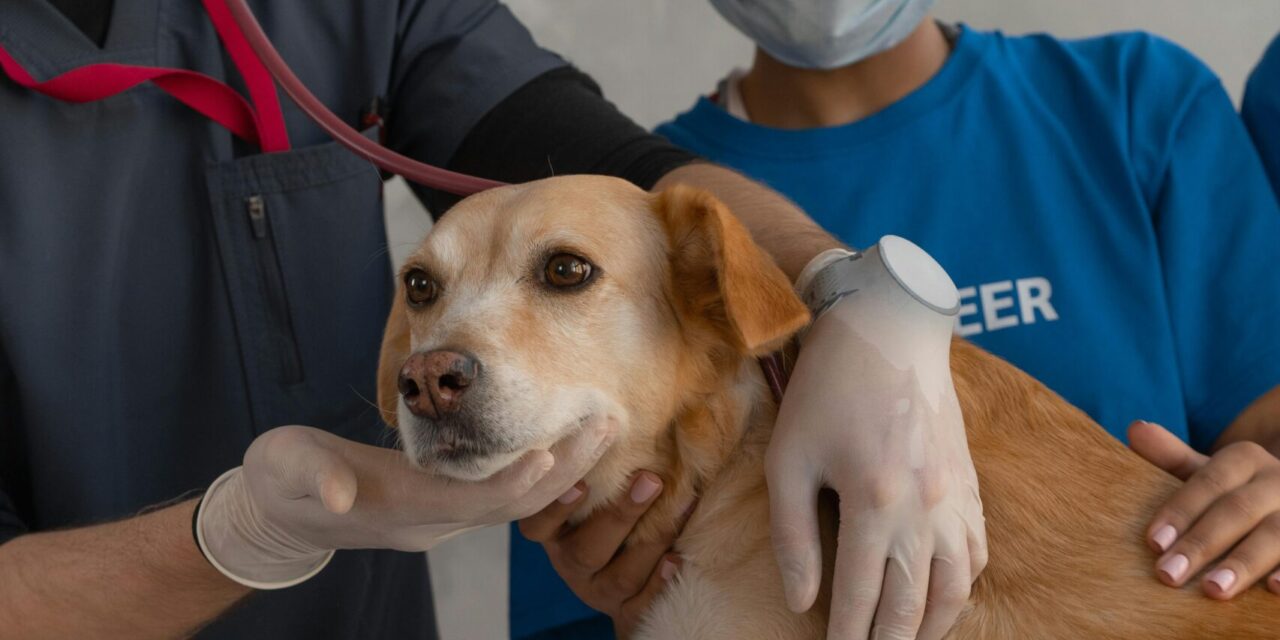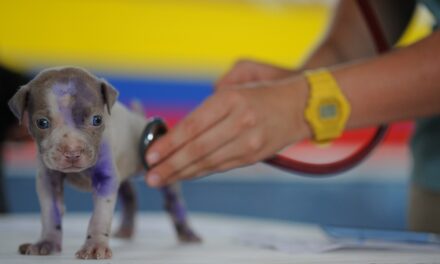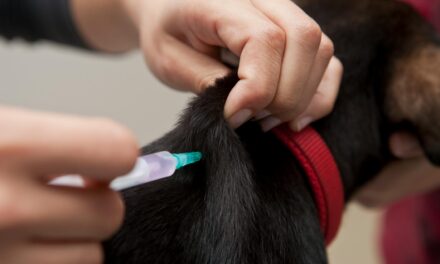The Academy of Veterinary Physiotherapy, launched earlier this year, has achieved accreditation from the Institute of Registered Veterinary and Animal Physiotherapists (IRVAP).
This milestone follows the Academy’s earlier accreditation from the Register of Animal Musculoskeletal Practitioners (RAMP). The accreditation provides Academy learners with the opportunity to enjoy the career benefits of IRVAP membership, further enhancing their professional development in the field of veterinary physiotherapy.
IRVAP aims to raise standards within the profession and provides its members with informed representation, alongside resources for all who work with animals. The organisation’s members hold multi-professional qualifications and deliver integrated services, leading to improved care and outcomes for both animals and their owners. IRVAP’s diverse community includes veterinary surgeons, veterinary physiotherapists, animal musculoskeletal practitioners, veterinary nurses, equine and canine hydrotherapists, and animal massage therapists. Membership is available in various categories, reflecting the different specialisations within the profession.
Professional Opportunities for Graduates
Graduates from the Academy’s Level 6 qualification in Veterinary Physiotherapy can now join IRVAP as Veterinary Physiotherapist Members, allowing them to use the post-nominal letters MIRVAP (VP). Those completing the Academy’s Level 4 and 5 qualifications can join under the Manual Therapist Member category, using the post-nominals MIRVAP (MT). Additionally, Academy learners are eligible to join IRVAP through the Student Membership scheme, providing them with early access to the benefits of professional association membership.
Wendy Vaughan, the founder of the Academy of Veterinary Physiotherapy, expressed her enthusiasm about the accreditation, stating, “We are delighted to be part of this prominent community within our industry and feel that our learners and graduates will benefit hugely from membership of this Professional Association.”
Comprehensive Learning Pathways
The Academy of Veterinary Physiotherapy is an iPET Network approved training provider, offering a range of qualifications that are designed to be both flexible and accessible. The iPET Network is an Ofqual-regulated awarding organisation, and the Academy offers a three-step qualification pathway through its Level 6 Diploma in Veterinary Physiotherapy, Level 5 Diploma in Animal Sports Massage and Rehabilitation, and Level 4 Diploma in Animal Sports Massage. These courses provide a cost-effective alternative to traditional university education while maintaining a high standard of training.
Delivered by Wendy Vaughan and her team, the Academy’s blended learning approach allows students to progress at their own pace, acquiring practical skills and theoretical knowledge across various animal species. The programme focuses on the main species of canines and equines, ensuring that learners gain hands-on experience while achieving recognised qualifications. The courses are designed to be completed within a timeframe that enables learners to start applying their skills and potentially begin earning within approximately nine months.
Preparing for a Career in Veterinary Physiotherapy
The Level 6 qualification, equivalent to a university degree, is particularly suited to those already working in the veterinary field who seek formal recognition through a regulated qualification. It is also ideal for individuals looking to enter this growing field, including existing dog groomers, equine grooms, hydrotherapists, and trainers. The curriculum includes advanced study skills, personal and professional development, and resilience, all taught by industry experts with extensive experience.
Wendy Vaughan, who is registered with IRVAP, RAMP, and the Animal Health Professions Register (AHPR), collaborated with the iPET Network to develop this trio of qualifications. She emphasised the importance of maintaining best practices while making veterinary science more accessible. “It was important when we created the courses that they had a strong focus on animal health, behaviour, and welfare, including exploring themes such as social licence to practice,” Wendy noted.
Focus on Comprehensive Veterinary Training
The Academy’s courses cover key industry-specific topics such as legislation, regulation, and the role of multidisciplinary teams. There is a strong emphasis on anatomy and physiology, with particular focus on musculoskeletal anatomy, orthopaedics, neurology, biomechanics, and locomotion. Students also study exercise physiology and the impact of commonly used equipment on animals.
The curriculum builds on these foundations by covering exercise prescription and rehabilitation techniques, including physiotherapy for post-surgical, neurological, juvenile, geriatric, non-ambulatory, and respiratory patients, as well as for palliative and end-of-life care. Wendy highlighted the importance of covering a wide range of topics, stating, “For anyone wishing to qualify, it is important to learn about soft tissue pathology, injury, illness, disease, and musculoskeletal dysfunction, along with concepts of pain, pain management, and advanced tissue healing, all of which are included in these qualifications.”
The Academy’s programmes also teach students about mobilisation techniques, the safe and effective use of electro-physical agents (EPAs), advanced clinical reasoning skills, and how to conduct physiotherapy assessments and design effective, measurable treatment plans.








